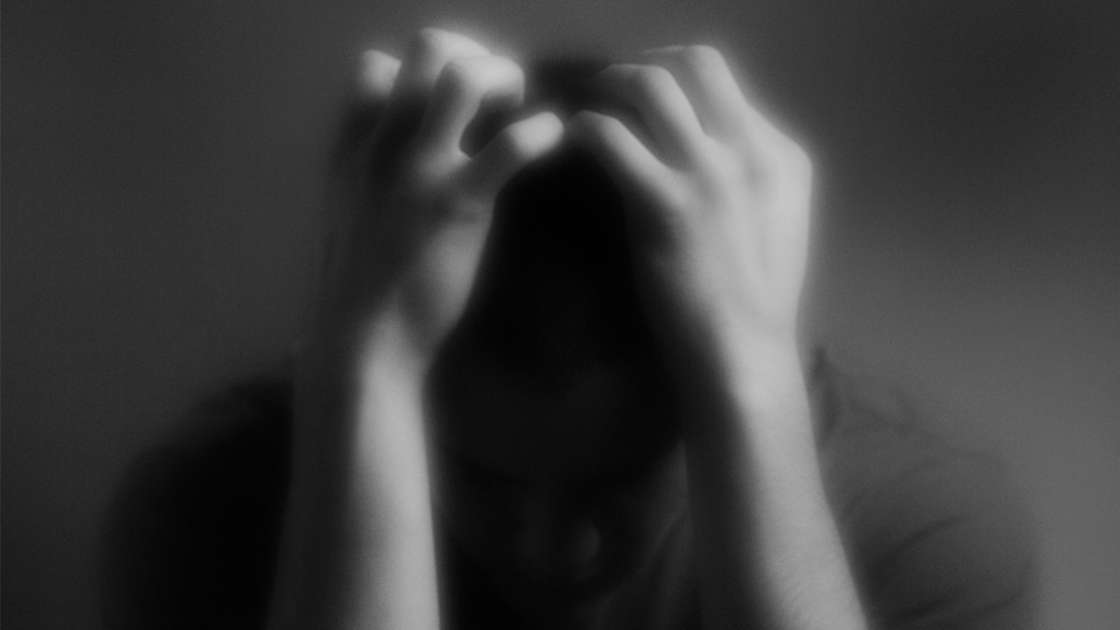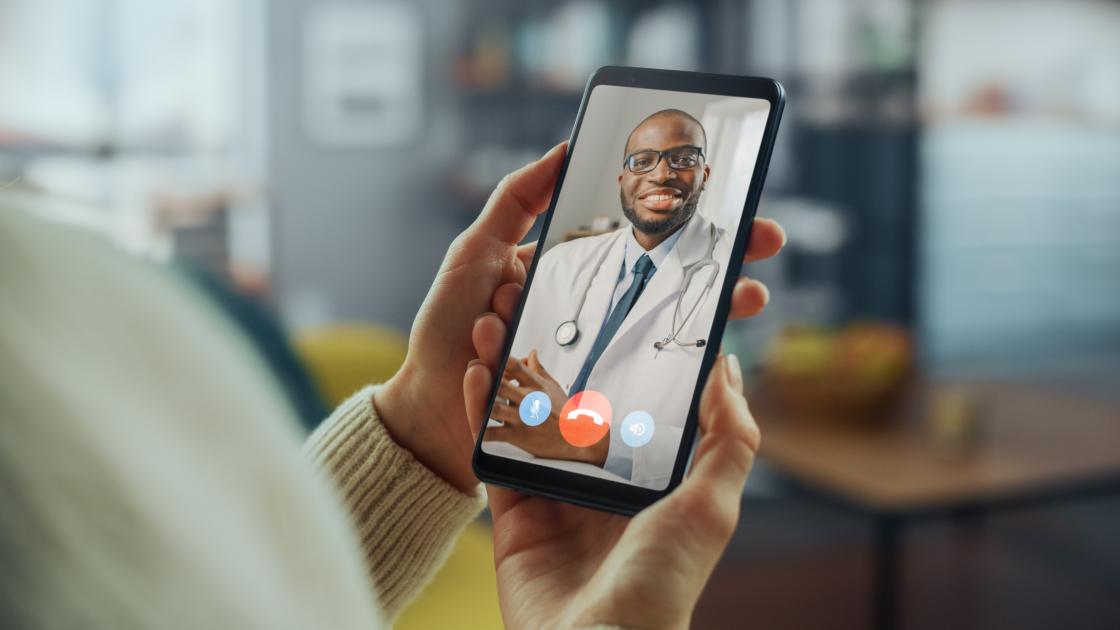
Advanced treatments for depression can give hope
Our thoughts are with the families of fashion designer Kate Spade and journalist Anthony Bourdain, both who committed suicide this week. Depression is a serious medical illness affecting more than 14 million American adults every year, but the condition is treatable and help is available. At SIU Medicine, advanced therapies are available for those who don't improve with standard treatments.
Who is at risk?
Suicide is linked with people who have a history of depression or other mental illness or have been hospitalized for psychiatric problems. Unemployment and increased stressors such as isolation, a change in marital status or loss of a loved one often intensify the depression.
Each year, more than 30,000 people in the United States commit suicide, 60 percent of whom suffer from depression. Women are almost twice as likely as men to suffer from depression, although depression in men may be under-reported.
According to SIU psychiatrist Dr. Jeffrey Bennett, suicide or threatened suicide is considered a psychiatric emergency and always should be taken seriously. “Often people with suicidal ideas are reluctant to seek treatment because of the stigma involved in having a mental illness in this culture,” Dr. Bennett says. “Family members will not do a disservice to someone who is stating they want to commit suicide by bringing them to an emergency room if they are concerned enough about the presence of suicidal thoughts, or if the person has past history of suicide attempts.”
Dr. Bennett recommends anyone with suicidal thoughts, severe depression or other psychiatric symptoms be seen by their primary care physician or a mental health counselor, who may refer them to a psychiatrist for further evaluation and treatment.
What if typical treatments for depression don't work?
Psychotherapy and medication are the preferred methods of depression treatment. For those who haven't reached success with those methods, additional treatments are available:
- Transcranial Magnetic Stimulation Therapy (TMS) – This non-invasive treatment focuses magnetic pulses on areas of the brain which are underactive in people with depression. The magnetic pulses produced by the device are the same type and strength as a magnetic resonance imaging scan. Patients receive magnetic pulses in 30-second intervals. The pulses, which feel like a tapping on the scalp, induce a small electrical current in the brain that affects brain circuits involved in mood and affecting the brain chemicals altered in depression such as serotonin and dopamine. With TMS, patients are alert, and there are almost no side effects except some headache or scalp irritation. It is done entirely in an outpatient setting.
- Electroconvulsive Therapy (ECT) – Also known as electroshock therapy, this is a safe and effective treatment with a high success rate.
- Light Therapy – Exposure to full spectrum visible light each day can reverse symptoms of seasonal depression.
- Vagal Nerve Stimulation (VNS) – sometimes referred to as a "pacemaker for the brain." This device stimulates a particular cranial nerve alerting the electrical activity in the brain to control mood symptoms that are resistant to treatment.
To learn more about these treatments, ask your primary care physician or call 217-545-8000 to make an appointment with an SIU Medicine behavioral health specialist. If you are having suicidal thoughts, contact the National Suicide Prevention Hotline at 1-800-273-8255; operators are available 24/7.



